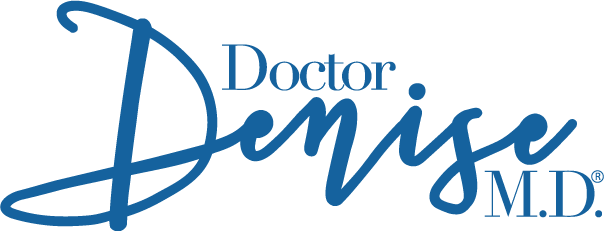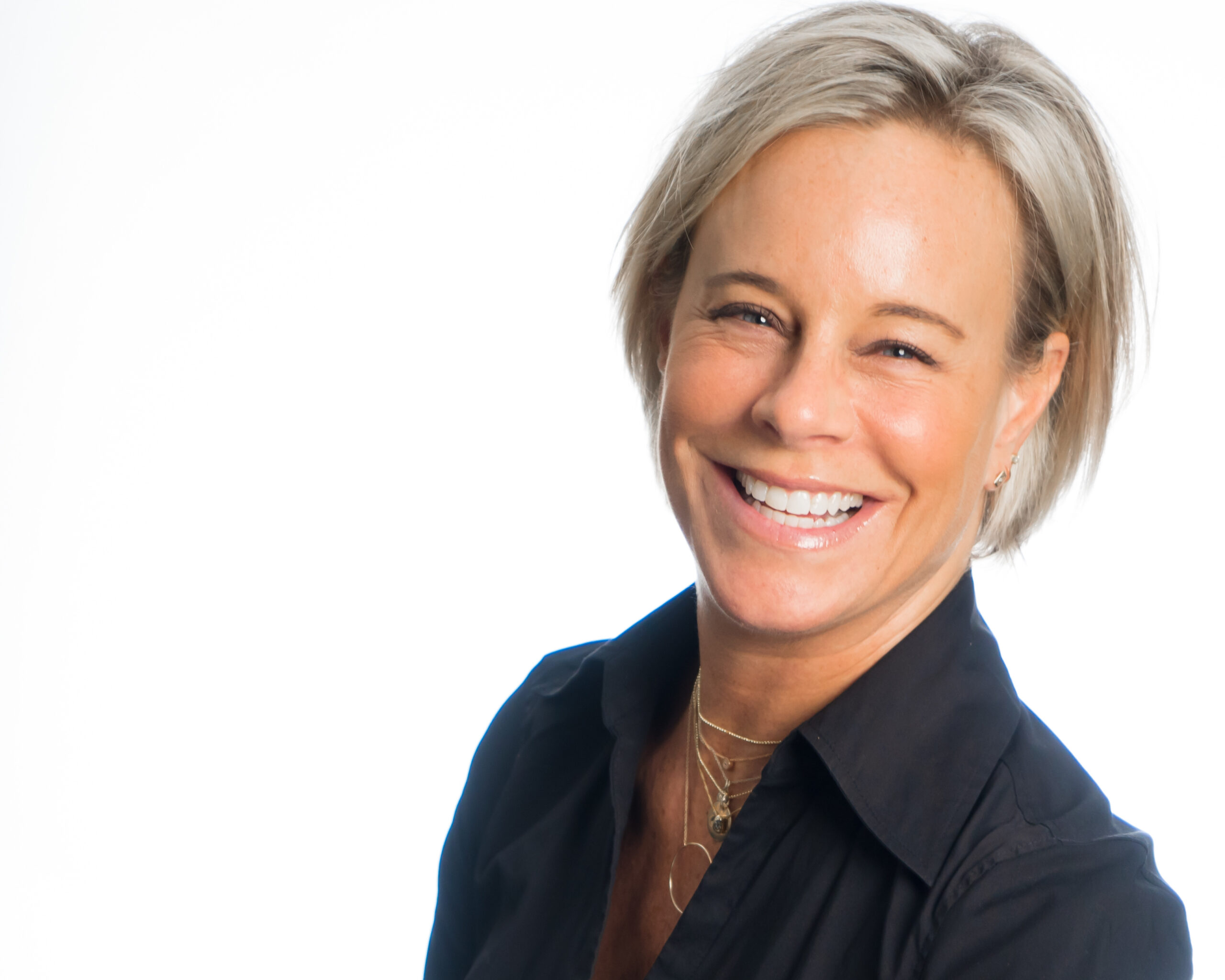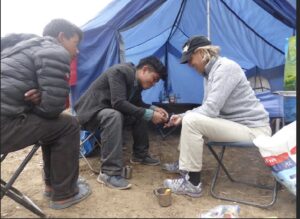Covid 19 Survivor Denise Berger Ed.D. on Recovery, Adaptive Leadership and Corporate Social Responsibility
Do you know someone that survived 9/11 and Covid-19?
Meet Denise Berger Ed.D. !
Part 2 right here:
Guest Commentary:
Thank you for having me on your podcast to talk about COVID recovery, life during COVID while working and having the family all together, and our ventures (pre-pandemic) to the far reaches of the planet! First, I want to apologize that a little “frog” was in my throat during the entire conversation! But that is life in full-res with all of its imperfections, right?
I wanted to put a spotlight on a couple points for the listeners…. now more than ever before, we are becoming acutely aware of compassionate and adaptive leadership – what it is… and what it is not. From this time going forward, we will each, individually and as a collective, need to strengthen our agility muscle. This across multiple dimensions – physical, mental, spiritual and metaphysical. Historically, we were able to operate under a linear mentality, with structure, and great predictive ability based on high probabilities. That is no longer the case. In order to be innovative for the future, agility is a secret sauce ingredient.
We also spoke about online learning and how it is working for some students and not working for others. There are variables in this equation that need to come together for a successful knowledge exchange. It is an immediate imperative that teachers become gifted at the art of teaching online. It is not enough to just move a lecture from a classroom to an online platform. There are nuances to making it engaging, and using the tools of the platform strategically for success. The other aspect is the student, themselves. Some are going to thrive online and others will flounder. It will be incumbent again upon the teachers to pay attention to those struggles and help. All of this to say that, we have been appreciating that teachers have a tough job since #stayathome began. Imagine their job now going forward to manage content in person and online. Distance learning is here to stay. How it morphs into F2F learning is TBD. We will need to construct a better reward system for our educators (and for that matter our health care workers). This brings me to the next point that we covered….
Big business’ role in society. Business Roundtable announced last summer a change to the definition of a business. Previously held – Friedman economics that business role is profit for profit’s sake. Moving away from that, businesses role is also to have purpose and be socially responsible. That means, they have a role to play in the well being of our society and the sustainability of our planet. Luckily, over 60% of CEOs – in a recent survey by Fortune – said that the change to include purpose and a broader “stakeholder” responsibility is not new for them. They are on that road. Only 4% of the surveyed CEOs said that they don’t agree with this new framework. So, we do have the majority of our corporations thinking about broader impact, in addition to their profits. Having done my dissertation on Corporate Social Responsibility, I want to caution everyone in thinking that this is easy to accomplish and merely a task of turning on a switch. This is complex work, it is continuously evolving, and it is never ending. Nobody gets to “arrive” in their CSR. It is a continuous journey for these organizations and their leaders. It is a regenerative engaged learning process. There will be mistakes made along the way, errors in judgment, and poor decisions; for me, it is all in HOW these companies handle their stumbles when they happen and how they grow their CSR as a result. After all, nobody is perfect. Companies are make of people. Therefore, companies are imperfect. I always like to say that “culture is to an organization and character is to an individual.” I believe in the strength of having core values that lead decision making and a vision that looks to the future in a contributory way. (In other words, run away from – don’t walk – any company who says their vision is “to be the best in the world.” That is a self-centered vision and is not aspirational to all of its stakeholders, except maybe the investors.) A vision needs to be bold, and… well, visionary! haha. Doing the right thing means also doing it the right way. You can learn more on my website: itcsr.com.
You asked me who my favorite CEO is right now, and I said that it is Ed Bastian of Delta Airlines. I never thought that I would answer that question with someone who runs airlines because I think that often they take advantage of their customers – charging us for different seats in economy, for example. Down right ridiculous. The pandemic has been a little wake up call to them. They have had to get more customer-centric, health focused, and socially responsible. One thing that I have been paying attention to in the media is which CEOs have opted to not collect a salary for the rest of this year… in order to preserve jobs of their employees. First and foremost, Simon Sinek says it best that the C-level leaders are the alpha lions. They reap the benefits of that position in good times. But in battle? the expectation is that they go first to defend the herd. All options should be exhausted first before laying employees off. Even furloughs are better because employees keep their health care benefits. Under no circumstances should a CEO, who collects millionS every year, think it is ok to keep their salary for these next few months while some of their employees will undoubtedly be struggling to stay in their homes, feed their families, keep things going.
Wow – did we cover a lot of ground in one hour!
Denise Berger, Ed.D.






